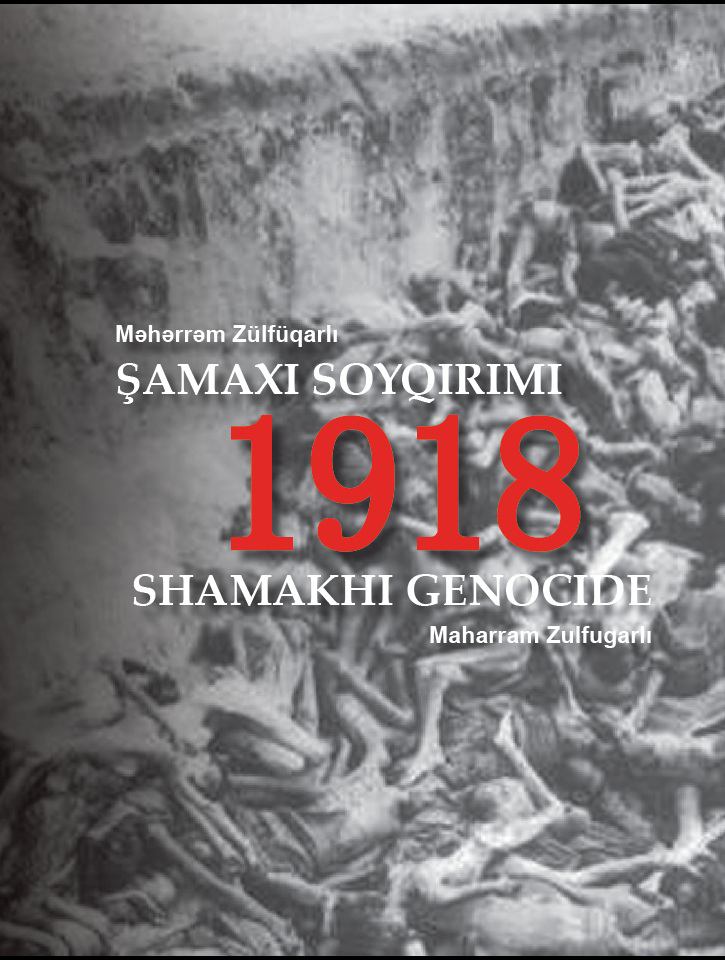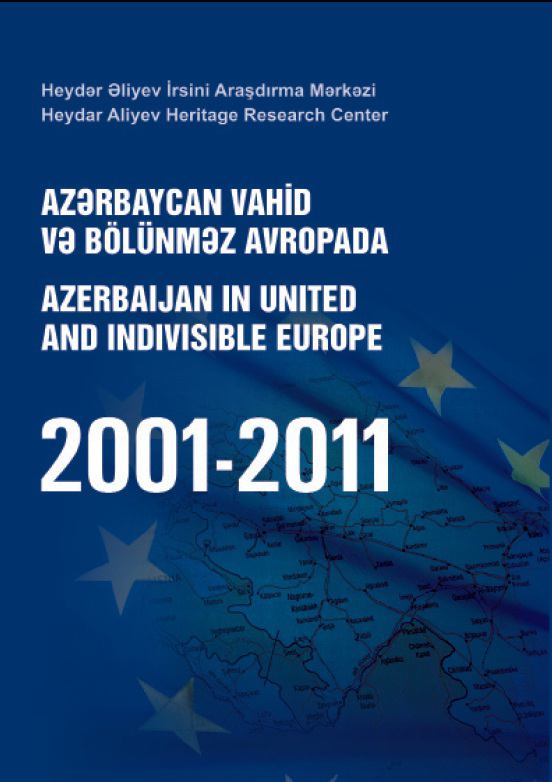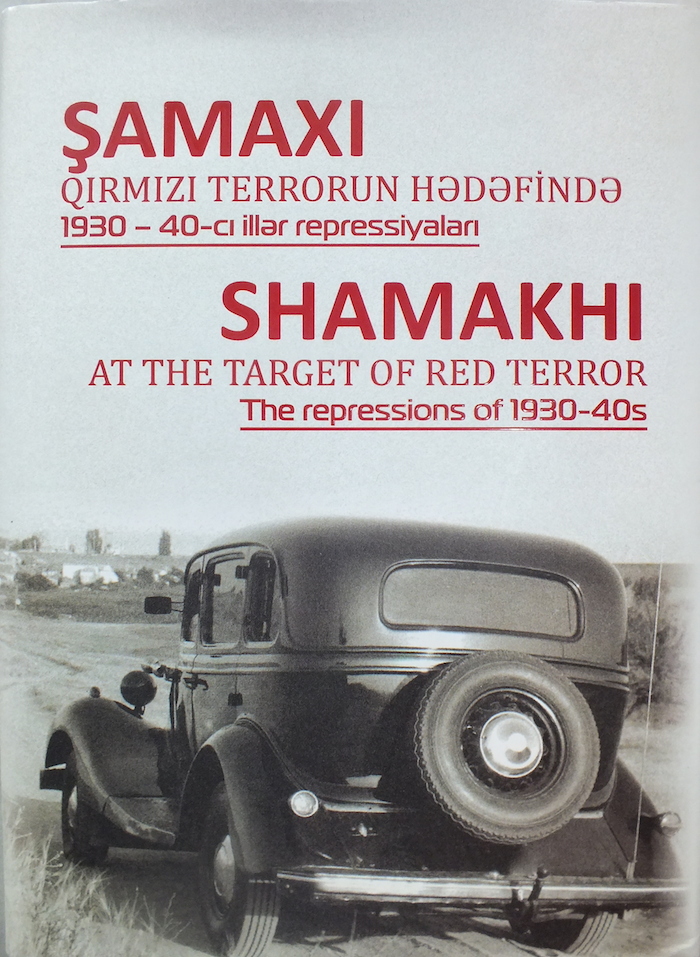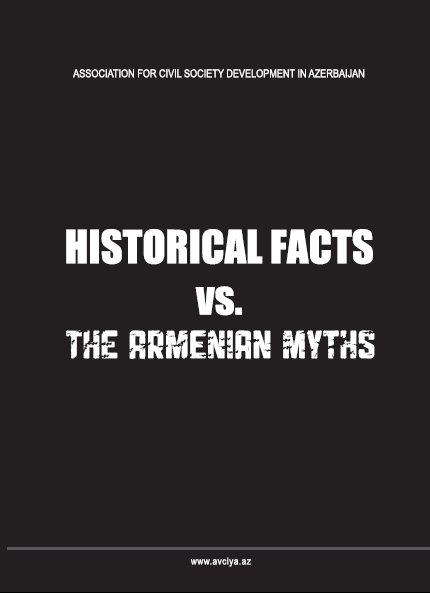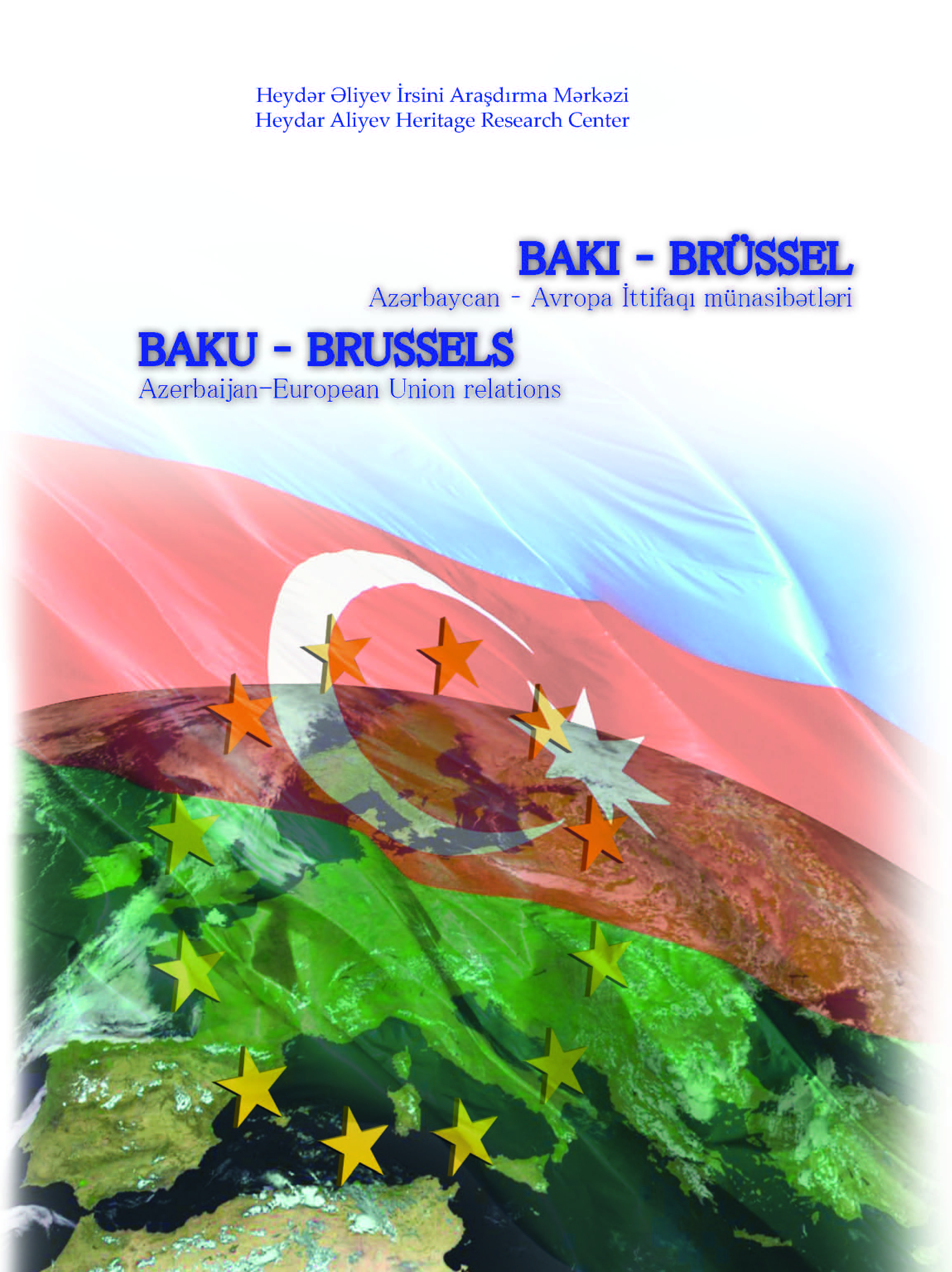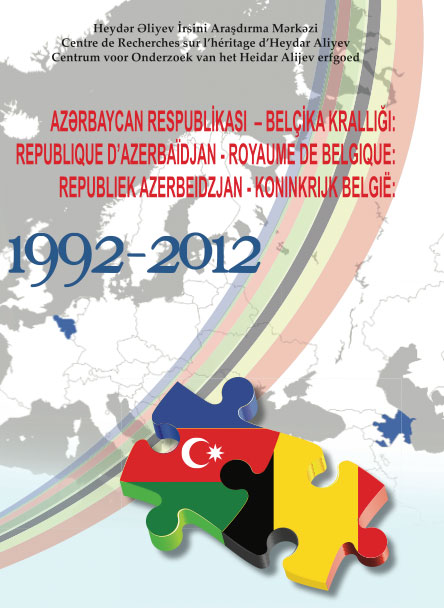Azerbaijan is not a ground for the application of the concept of political prisoner, which has no clear international – legal nature and criteria

According to the information of several websites on October 7-8, 2011, the agreement has been concluded between the Public Union “For the sake of Human Rights” and Ministry of Foreign Affairs of Norway on the realization of the project “To define political prisoners in Azerbaijan and to create their database on the basis of UN and CE criteria”. The agreement has been signed by Mr. Eynulla Fatullayev, Chairman of the Public Union “For the sake of Human Rights” and Mr. Marit Halswick, Head of the Department for Eurasia and Regional Cooperation of the Ministry of Foreign Affairs of Norway.
Serious concerns arise due to the subject of the agreement signed between the parties, the official signature of the agreement on the level of the head of the department of Norwegian Ministry of Foreign Affairs, and the signature of the agreement immediately after the decision of the PACE Committee on Legal Affairs and Human Rights on the change of the title for the report at 5 October 2011 meeting. Thus, it’s necessary to clarify the following important points:
1. So far no convention, resolution or any other document was adopted on the concept of “political prisoners” and its criteria by various UN institutions. It should be noted that the notion of “political prisoner” was worked out in 1989-1990 by Professor Karl Aage Nergard, when he visited Namibia in the mission of the United Nations and the notion was used on the basis of “Nergard principles”. I should stress that “Nergard principles” were not and could not be confirmed as a universal document, which could be applied to all member countries, either during their use in Namibia case or then by any UN authority. So, national and racial confrontation reigned then, their society was splinted, however, the situation completely differed and still differs from the one in other world countries, especially in developed and developing states. On the other hand, reconciliation mission in Namibia was realized under the UN Secretary-General mandate, and as a part of this mission, “Nergard principles” had no case law. Thus, the mentioned principles cannot be applied to other states, as well as to the Republic of Azerbaijan, the country with comprehensive dynamic development and status of Eastern European country and member state to the Council of Europe. Therefore, the claims about the existence of the UN criteria for political prisoners are not real and repeated search of political prisoners in Azerbaijan under absent criteria of this universal organization means that the signatory parties of this agreement have a biased and insidious position towards our country.
2. So far the Council of Europe has not adopted a commonly recognized document applicable to all member states. As the only case within this organization, when Armenia and Azerbaijan were admitted to the Council of Europe, the independent experts group was created by the CE Secretary-General in order to put an end to the allegations of some NGOs about the presence of political prisoners in these countries. Based on “Nergard principles”, the independent experts group worked out a report on the criteria which consisted of 5 clauses and issued it to the Secretary-General. However, this report was not then approved as a legal document at CE plenary session. It should be noted that these criteria envisaged the consideration of the cases of individual prisoners as a consensus within short period of time and was temporary. Since then CE plenary session did not adopt any legal document on the issue of political prisoners applicable to all member states.
3. Though Azerbaijani side repeatedly stated that the PACE does not have any document regarding the criteria of political prisoner, some interested parties succeeded in the adoption of the resolution 1272(2002) on “Political prisoners in Azerbaijan” in the PACE. I should note that the issue on the reconsideration of cases of some alleged political prisoners was discussed in the resolution and no criteria on the concept of “political prisoner” were mentioned. Then rapporteur on political prisoner was appointed only to Azerbaijan among 47 CE member states. However, in the Council of Europe the Azerbaijani side insistently stated that commonly recognized legal document does not exist and discrimination against our country is unacceptable. Finally, on October 5, 2011 at the meeting of the PACE Committee on Legal Affairs and Human Rights the title of report was changed from “The definition of political prisoners in Azerbaijan” into “Revisiting the issue of political prisoners in CE member states”. However, a change in the title of the report does not mean the solution of the problem, so the document which covers legal nature, criteria of the concept of “political prisoner” was not adopted at the meeting of the PACE plenary session.
4. The international courts the decisions of which have case-law, as well as the European Court of Human Rights does not use the concept of “political prisoner” in practice and have not defined criteria of this concept in its any decision.
Thus, it is evident that the signatory parties of the agreement on the “To define political prisoners in Azerbaijan and to create their database on the basis of UN and CE criteria” demonstrate groundless, elaborated and biased position and aim at establishing negative global public opinion about Azerbaijan. Norway is a member of the Council of Europe and I can reassure that the Ministry of Foreign Affairs of this state is aware of the fact that the CE and UN do not have commonly recognized criteria regarding the political prisoners. In this case, what stands behind this investigation of political prisoners in Azerbaijan by the Ministry of Foreign Affairs of Norway based on the absent criteria of CE and UN? Undoubtedly, the aim of the signatory parties, as well as the Ministry of Foreign Affairs of Norway is to interfere in the internal affairs of Azerbaijan and to break public and political stability in the country on various pretexts.
I believe that relevant public authorities of the Republic of Azerbaijan should take immediate measures regarding this issue and bring to the attention of Norway that groundless interference in the internal affairs of Azerbaijan is unacceptable.
Finally, everybody should clearly understand that Azerbaijan is not a ground for the application of the concept of “political prisoner”, which has no clear international –legal nature and criteria.
Elkhan Suleymanov
MP from Shamakhi,
Member of the Azerbaijani Delegation in the PACE,
Chairman of the Azerbaijani Delegation to the EURONEST PA

